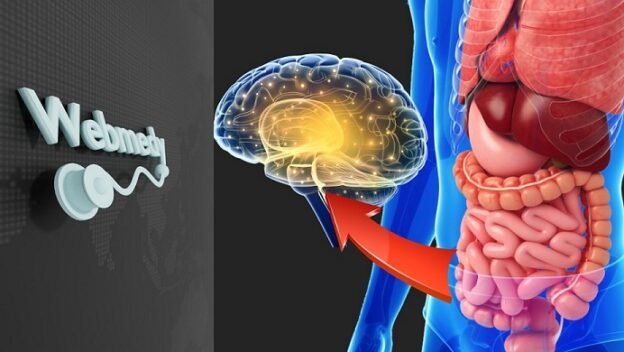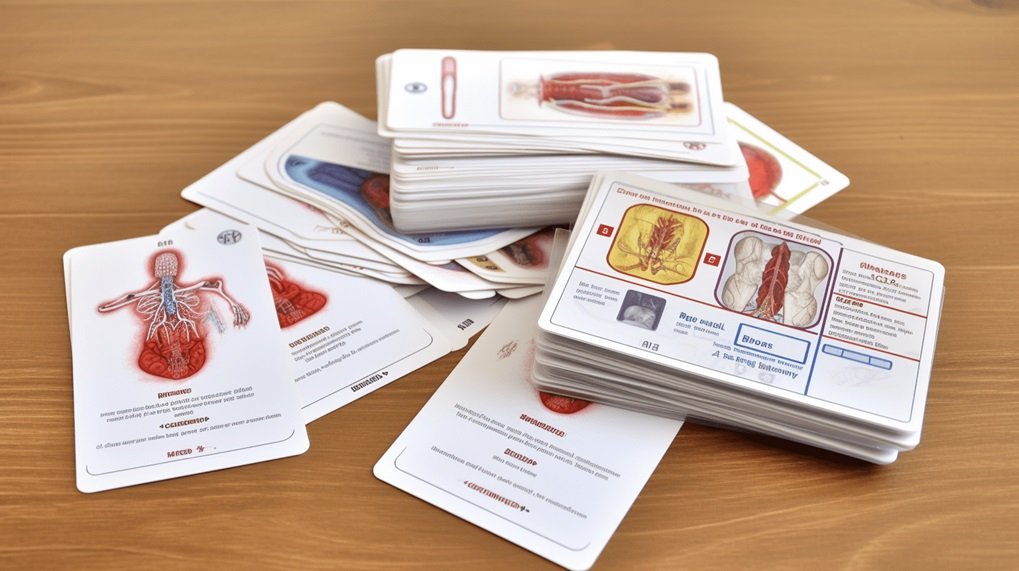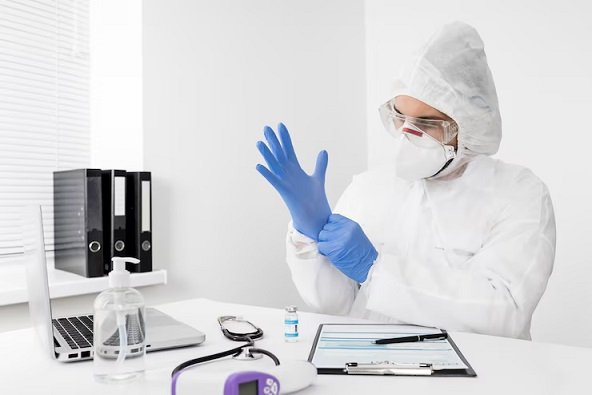Microbiomes and Mental Health: Exploring the Gut-Brain Connection

In the vast network of human biology, few connections have generated as much intrigue as that between our gut and our brain. Recent research suggests a profound link between the microorganisms in our intestines and our mental well-being. This relationship, often referred to as the gut-brain axis, offers new avenues of understanding and treating mental health disorders, thus emphasizing the importance of a balanced microbiome detox boston ma.
Understanding the Microbiome
Our gut microbiome is a diverse and dynamic community, just like https://22bet.com/. It houses trillions of microorganisms, primarily bacteria, that live in our digestive system. These microscopic inhabitants play an essential role in digesting food, synthesizing vitamins, and warding off pathogens. But their influence doesn’t stop there. They also produce various neurotransmitters and molecules that can communicate with the brain.
One of the most discussed aspects of this communication pathway is how the microbiome influences serotonin levels, a neurotransmitter largely produced in the gut, crucial for mood regulation. Imbalances in serotonin have long been linked to conditions like depression and anxiety.
The Gut-Brain Communication Highway
The gut and the brain communicate via several pathways:
1)Neural Pathway: The vagus nerve, the longest cranial nerve, acts as a direct line between the gut and the brain. Certain gut bacteria can produce metabolites that influence brain activity through this nerve.
2)Immune Pathway: Microbiome imbalances can lead to inflammation, which can then impact brain function and mental health.
3)Endocrine Pathway: Gut microbes influence the release of various hormones that can affect mood and cognition.
4)Metabolic Pathway: Bacteria-derived metabolites like short-chain fatty acids can influence brain health.
Microbiome Dysbiosis and Mental Health
Research has shown that individuals with certain mental health disorders, such as depression, have a distinct gut microbial composition compared to those without. This discovery sparked interest in understanding whether these microbiome imbalances are a consequence of the condition or a potential cause.
There’s growing evidence to suggest a bidirectional relationship. Stress and adverse life events, for example, can lead to changes in the gut microbiome, which in turn can further exacerbate stress responses and potentially contribute to mental health disorders. It’s a feedback loop wherein the gut and brain continually influence each other detox center of san diego.
The fascinating part is that some studies have shown potential in modifying the gut microbiome to alleviate symptoms of depression and anxiety. Probiotics, or “good” bacteria supplements, and prebiotics, which provide nutrition for beneficial bacteria, have demonstrated promise in this arena. Though, it’s essential to note that research is still in the early stages, and more robust clinical trials are needed before any definitive conclusions can be drawn.
Implications for Treatment and Prevention
If the gut-brain connection’s potential is realized fully, we could witness a paradigm shift in how we approach mental health treatment. Rather than focusing solely on the brain, a holistic approach involving dietary and microbial interventions could be employed. This perspective could provide options for those who don’t respond to traditional therapies.
Additionally, understanding this connection offers preventive measures. A diet rich in diverse plant-based foods, for example, can promote a healthy microbiome, which might serve as a protective factor against certain mental health issues.
A shift in focus from mere symptom treatment to understanding underlying biological connections is promising for a future with more effective and comprehensive mental health care solutions.
In conclusion, the relationship between the gut microbiome and the brain opens up an exciting frontier in neuroscience and mental health research. As we delve deeper into this connection, we inch closer to unlocking innovative therapies and preventive measures for mental health disorders. Embracing a balanced diet and lifestyle that nurtures our microbiome could be one of the most potent tools we have for maintaining not just our gut health, but our mental well-being too.












